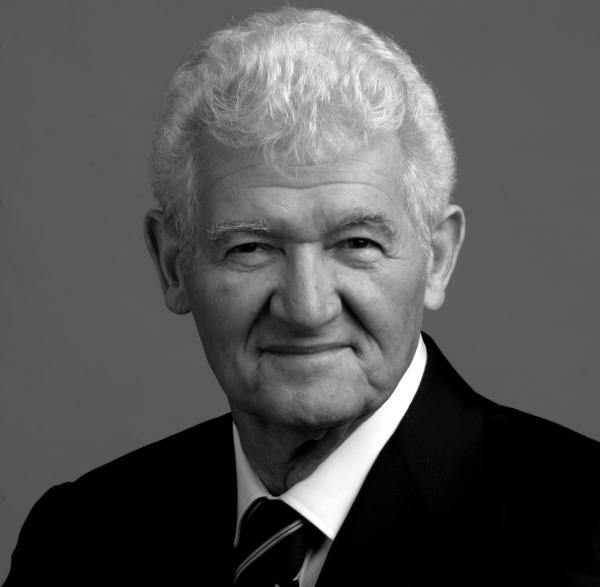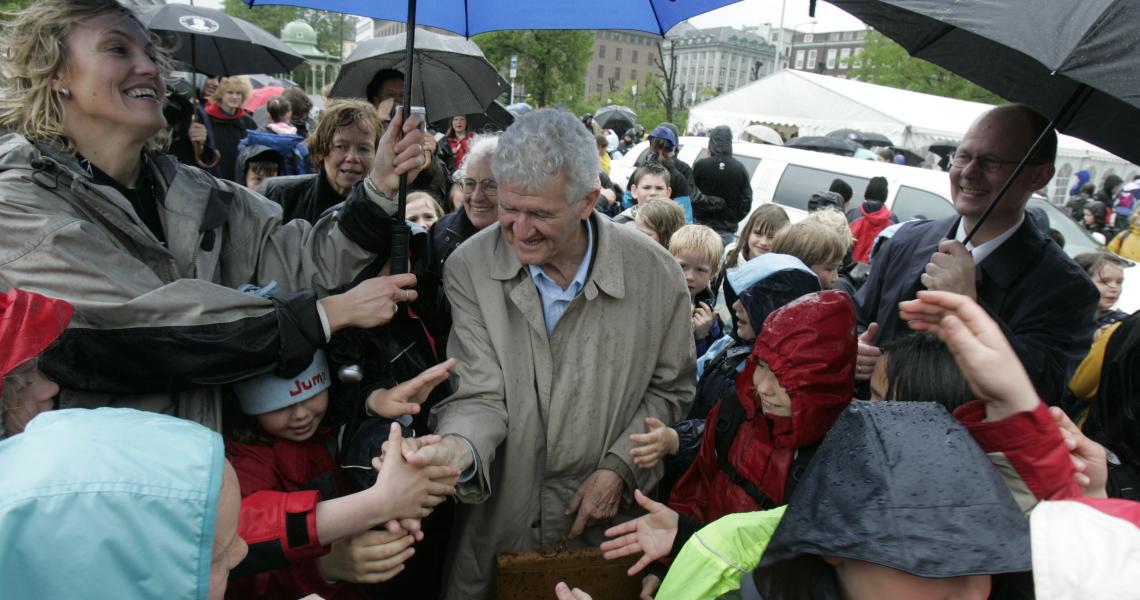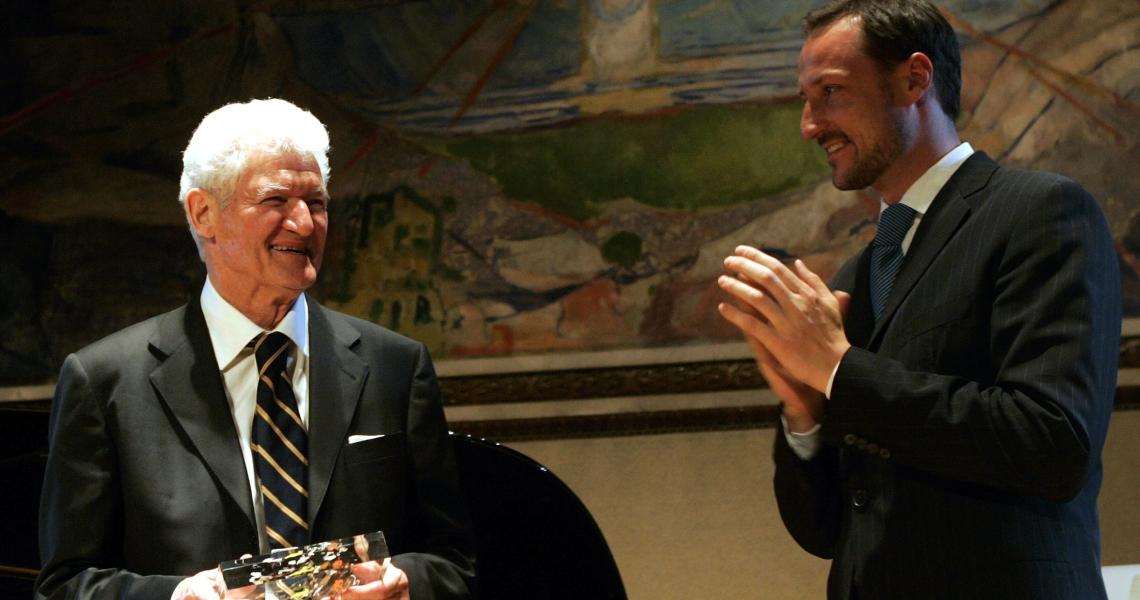
Peter Lax, Abel Prize laureate dies at 99
"Peter D. Lax has been described as the most versatile mathematician of his generation", the Abel Committee writes in their citation.
They go on to state that Peter D. Lax stands out in joining together pure and applied mathematics, combining a deep understanding of analysis with an extraordinary capacity to find unifying concepts. He has had a profound influence, not only by his research, but also by his writing, his lifelong commitment to education and his generosity to younger mathematicians.
He died at his home in Manhattan.
Peter D. Lax was born May 1, 1926 in Budapest, Hungary. He was on his way to New York with his parents on December 7, 1941 when the US joined the war.
Lax received his PhD in 1949 from New York University with Richard Courant as his thesis advisor. He was appointed in 1951 as an assistant professor of mathematics at Courant. He would spend his entire career there.

Peter D. Lax is one of the greatest pure and applied mathematicians of our times and has made significant contributions, ranging from partial differential equations to applications in engineering. His name is connected with many major mathematical results and numerical methods, such as the Lax-Milgram Lemma, the Lax Equivalence Theorem, the LaxFriedrichs Scheme, the Lax-Wendroff Scheme, the Lax Entropy Condition and the Lax-Levermore Theory
Founder of modern computational mathematics
Lax is also one of the founders of modern computational mathematics. Among his most important contributions to High Performance Computing and Communications community was his work on the National Science Board from 1980 to 1986. He also chaired the committee convened by the National Science Board to study large scale computing in science and mathematics – a pioneering effort that resulted in the Lax Report.
Awards
Professor Lax’s work has been recognized by many honours and awards. He was awarded the National Medal of Science in 1986, presented by President Ronald Reagan at a White House ceremony. Lax received the Wolf Prize in 1987 and the Chauvenet Prize in 1974 and shared the American Mathematical Society’s Steele Prize in 1992. He was also awarded the Norbert Wiener Prize in 1975 from the American Mathematical Society and the Society for Industrial and Applied Mathematics. In 1996 he was elected a member of the American Philosophical Society.
Bridging Mathematics and Engineering
Peter D. Lax has received many Honorary Doctorates from universities all over the world. When he was honoured by the University of Technology in Aachen, Germany in 1988, both his deep contribution to mathematics and the importance his work has had in the field of engineering were emphasized. He was also honoured for his positive attitude toward the use of computers in mathematics, research and teaching.
